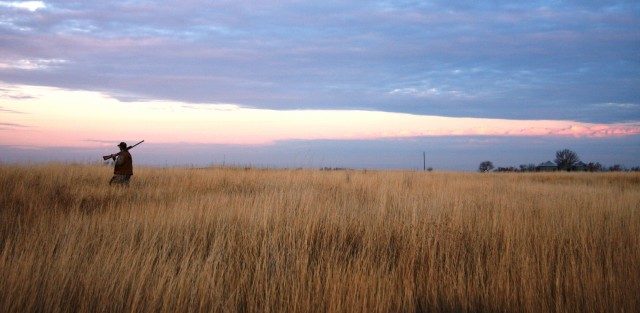Outdoor Heritage Fund Requests Make You Wonder Why We Needed The Outdoor Heritage Fund

The board of special interests appointed to oversee the Outdoor Heritage Fund, created by the legislature to funnel a percentage of oil tax revenues to conservation projects, has approved the first round of funding. The proposals will now go to the State Industrial Commission for approval.
Looking at the list of proposals (you can read them all below), you sort of have to wonder why creating the Outdoor Heritage Fund was such a big stinking deal. We were told about the urgent need to fund conservation with the oil boom encroaching further and further onto protected lands, but few of these projects have anything to do conservation.
For instance, among the more than $9.1 million in funding requests (the board recommended a lower figure at $5.92 million), there is:
- $50,000 for the Minot Family YMCA to fund a city park
- $313,960 to Bismarck Parks & Recreation to build a neighborhood park
- $77,006 to North Dakota Parks build a recreation trail at Little Missouri State Park
- $132,456 to North Dakota Parks to build trails in the Turtle Mountains
- $60,530 to Delta Waterfowl to build hen houses
- $8,568 to the Spirit Lake Nation Fish and Wildlife Department to create maps for sportsmen
We can debate the efficacy of any of these projects, and the use of public dollars to fund them, but their link to conservation is dubious, at best. What’s more, these seem like projects that could be included in local or legislative budgets, if not funded privately.
The biggest problem with the Outdoor Heritage Fund is that it takes appropriation power out of the hands of our elected legislators and delegates it to board of special interest groups and the executive branch who will no doubt find projects to fund with every penny of available dollars, whether that funding is necessary or not.
Meanwhile, tracking how our tax dollars are spent gets a little more complicated and a little less transparent. It seems all we’ve done is create a round-about way to fund the sort of projects state and local governments were already funding.
Rep. Todd Porter (R-Mandan) told me that many of the projects the OHF Board considered were outside of the scope of legislative intent. But he also said the fund may need to get larger, providing more tax dollars to be appropriated. And, of course, conservation activists are working to put on the ballot a fund of their own with even more money, and even less control by elected leaders.
Outdoor Heritage Fund Requests




